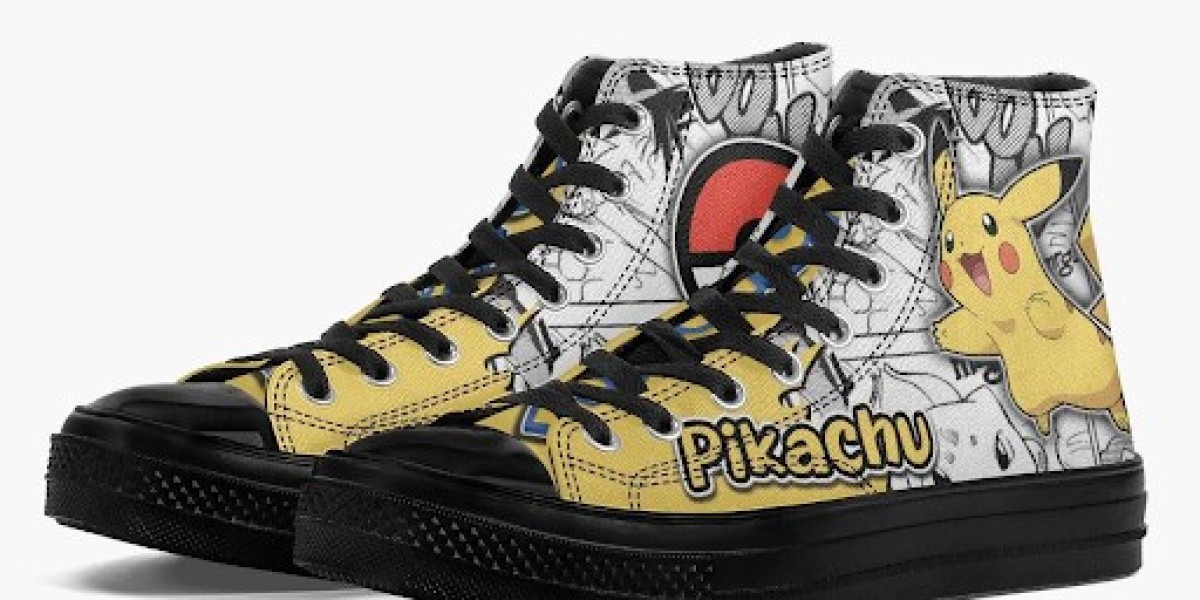Brands in the baby care products industry are emphasizing sustainable ingredients and are on course to be the early movers on several environmental, social and governance (ESG) facets. Organizations are focusing on ESG strategies that can create healthier communities, enhance affordability and access and foster corporate behavior. Safety and protection have been paramount ever since the onslaught of the COVID-19 pandemic. Parents and caretakers have shown traction for companies that have sustainability certification and promote diversity and transparency.
Millennials have sought green products that provide nourishing and gentle care for delicate skin. Eco-friendly baby care product manufacturers are embedding ESG into their portfolios. They are likely to create long-term value by rewarding opportunities for employees, achieving better health results for toddlers and offering profitable growth for investors.
Prominently, sustainable baby products can avoid harmful chemicals, such as parabens, sulfates, BPA and synthetic fragrances. Green-theme has come on the horizon, complementing ESG focus areas. Some factors, such as environmental health protection, innovation, accountability and a healthy workforce, will drive ESG progress.
Environmental Perspective
An escalating climate change concern among parents has compelled businesses to improve their environmental footprint. Industry leaders are striving to reduce their carbon footprint and minimize the use of non-recyclable materials. For instance, Johnson Johnson aims to achieve carbon neutrality for its operations by 2030 and reduce absolute Scope 3 upstream value chain emissions by 20% (from 2016 levels) within the same period. It also inked the race to zero/business ambition for a 1.5°C campaign to attain net zero carbon emissions by 2045.
The consumer brand is gearing to use 100% recyclable, compostable, or reusable plastic packaging and post-consumer recycled paper. In September 2020, Johnson Johnson Consumer Health earmarked USD 800 million till 2030 to make more sustainable products. To bolster recyclability, it expressed contemplation in removing pumps from any products in the U.S., Europe, the Middle East and Africa with less than 500 ml volume. As consumers make more informed choices, healthcare brands will likely reinforce recyclability and combat CO2 emissions.
Social Perspective
Brands expect ESG to drive a healthy work culture that promotes equity and diversity and recognizes and rewards contributions. Companies advocating community impact and gender and multicultural representation have a high chance of propelling their market share. PG alluded in its 2022 Citizenship Report that it had launched Children’s Safe Drinking Water (CSDW) Program to provide clean drinking water to communities, offering 20 billion liters of clean drinking water since 2004.
In June 2022, PG teamed up with Carrier Global Corporation to enhance access to tools and education required for healthier and safer homes. Besides, it has pledged USD 5 billion annually with women-led and diverse-owned businesses by 2030. The consumer goods company has trained over 1,000 women entrepreneurs in ten countries across the Asia Pacific, the Middle East Africa over the past five years (in collaboration with WEConnect International). The prevalence of diverse and inclusive cultures will resonate with brands’ ESG strategies.
Is your business one of participants to the Global Baby Care Products Industry? Contact us for focused consultation around ESG Investing, and help you build sustainable business practices.
Governance Perspective
Sustainability governance has amassed headlines in the baby care products industry with companies expanding their geographical footprint. Lately, some aspects, including board diversity, engagement policy, transparency, and sound corporate behavior, have gained ground. In 2021, Unilever published its Board Workforce Engagement Policy, elucidating a slew of aspects—sustainability, equity, diversity inclusion, health and wellbeing and remuneration. The consumer goods company has earmarked €2 billion (approximately USD 2.14 billion) annually with diverse businesses globally by 2025.
In 2021, the Board perused developments on Clean Future, Positive Beauty, Future Foods and the Unilever Compass strategies. In the preceding year, Unilever unified its legal structure under—Unilever PLC—to bolster strategic flexibility for a buoyant outlook. It suggested that the Sustainability Progress Index comprised 8 key performance indicators from 2022. The company has also embedded diversity in its business. The U.K.-based giant is vying to unlock the talent of people with disabilities, 5% of its workforce to belong to the marginalized population by 2025. Significant progress through commitments in business ethics, corporate governance and diversity can be a game changer in the global landscape.
The competitive scenario indicates stakeholders will continue to count on ESG performance to protect environmental health, underscore social opportunity and build resilience in the business. To illustrate, in March 2022, NUK rolled out its first sustainable baby care collection products that use recycled and recyclable packaging. The company claims the paperboard packaging for the cups, pacifiers and bowls is made from 100% recycled fibers. It is worth noting that the global baby care products market size was pegged at USD 18.35 billion in 2022 and could observe around 4.3% CAGR between 2021 and 2028.
About Astra – ESG Solutions By Grand View Research
Astra is the Environmental, Social, and Governance (ESG) arm of Grand View Research Inc. – a global market research publishing management consulting firm.
Astra offers comprehensive ESG thematic assessment scores across diverse impact socially responsible investment topics, including both public and private companies along with intuitive dashboards. Our ESG solutions are powered by robust fundamental alternative information. Astra specializes in consulting services that equip corporates and the investment community with the in-depth ESG research and actionable insight they need to support their bottom lines and their values. We have supported our clients across diverse ESG consulting projects advisory services, including climate strategies assessment, ESG benchmarking, stakeholder engagement programs, active ownership, developing ESG investment strategies, ESG data services, build corporate sustainability reports. Astra team includes a pool of industry experts and ESG enthusiasts who possess extensive end-end ESG research and consulting experience at a global level.
For more ESG Thematic reports, please visit Astra ESG Solutions, powered by Grand View Research








